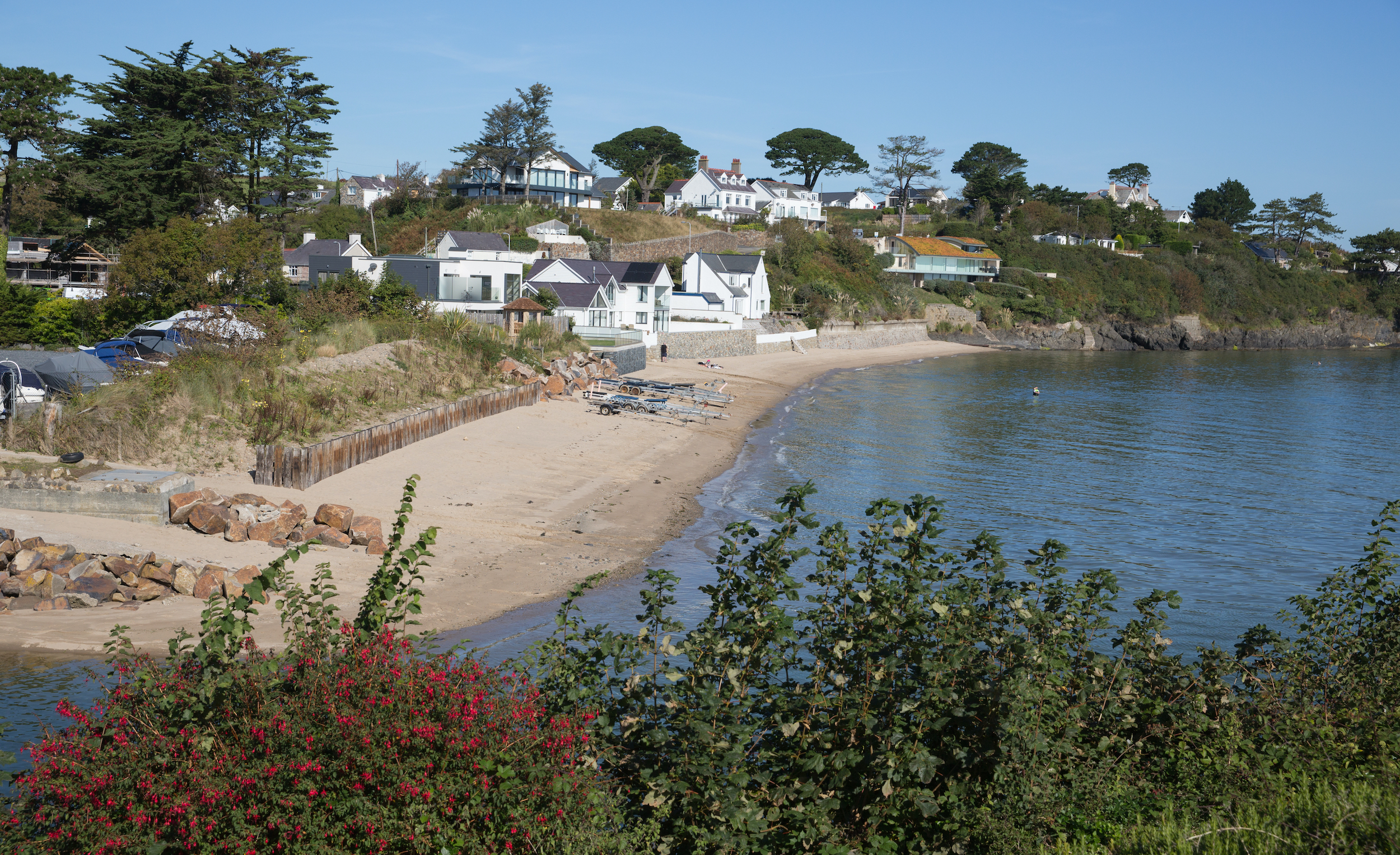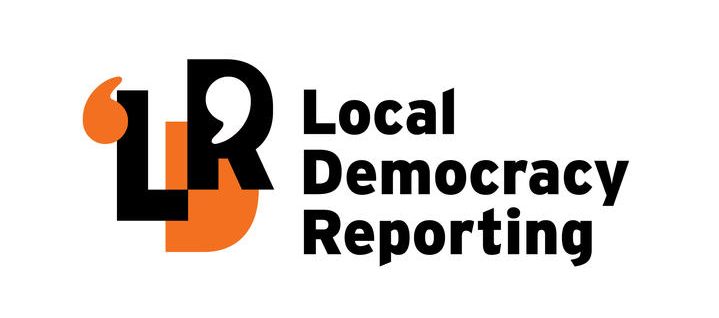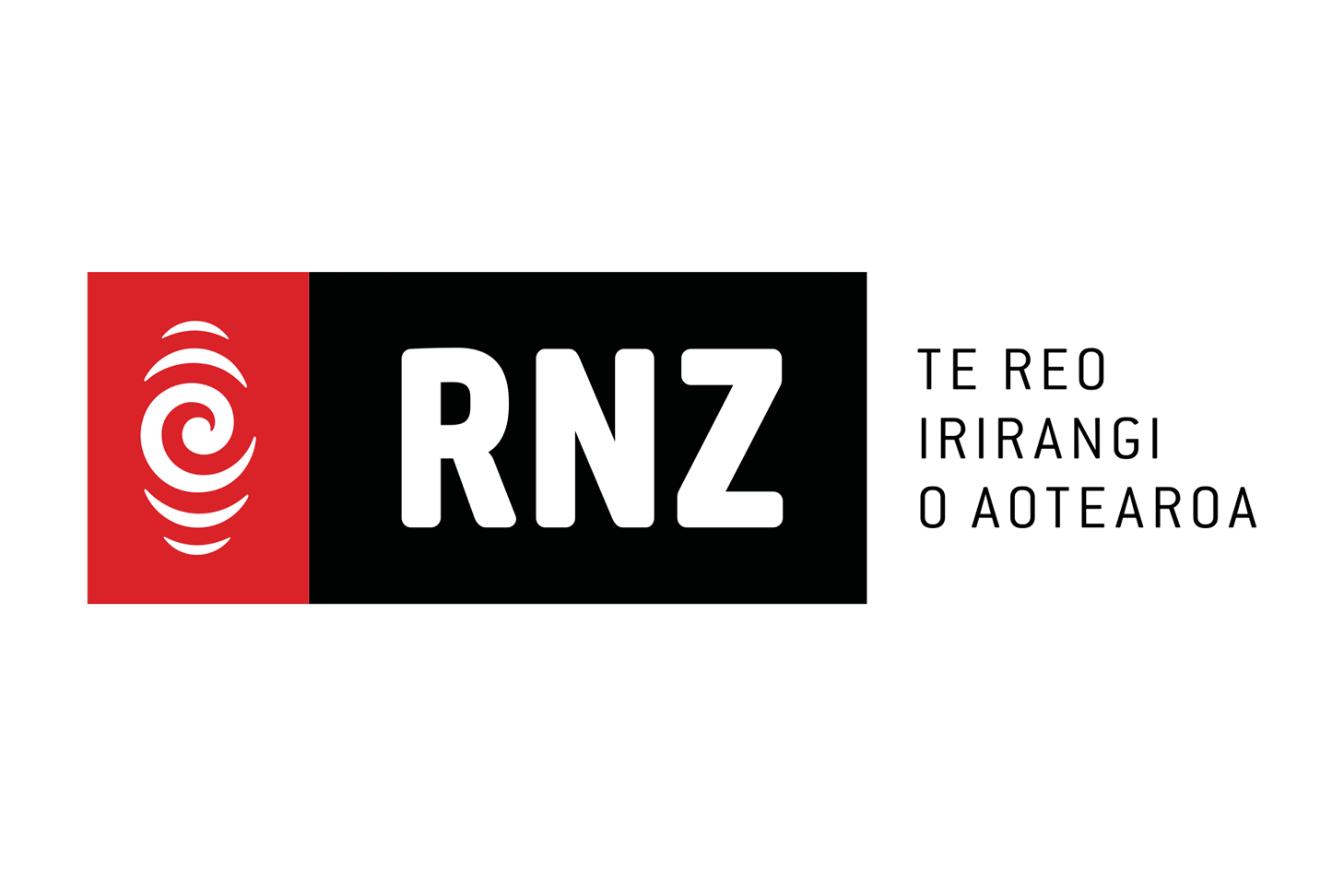Local Democracy Reporting Service: a model for public broadcasters?
2 November 2021
In 2017, the BBC launched the Local Democracy Reporting Service to support the production of public interest journalism by local newsrooms.
By Harry Lock
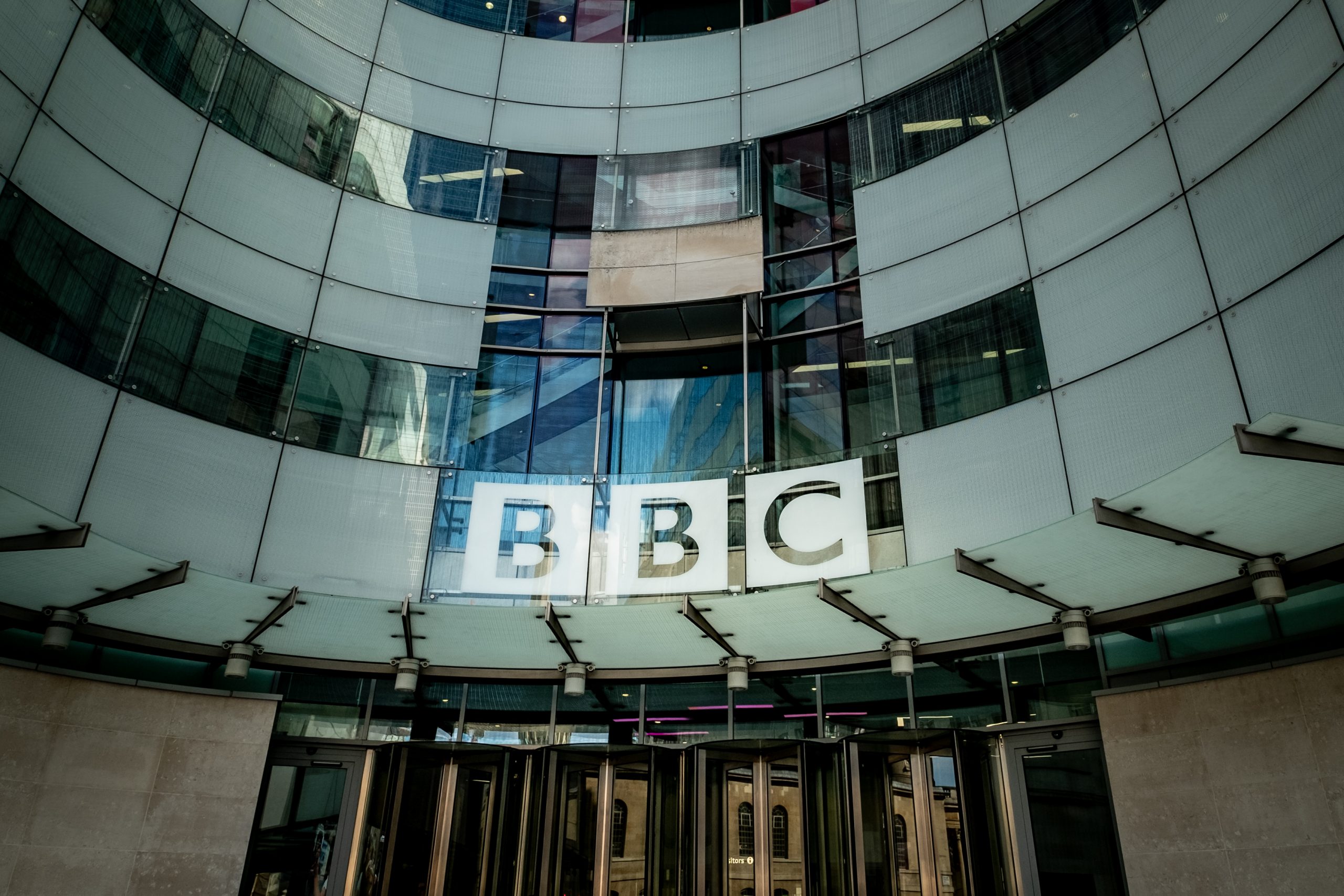
In June of this year, journalist Gareth Wyn Williams – based in Gwynedd, North Wales – started reporting on a story affecting the small community of Abersoch, in the very west of the region. Gwynedd Council was considering closing the only ysgol (school) in the coastal community, which had just ten pupils attending. Over the next few months, Wyn Williams kept a close eye on the unfolding story. In September, he covered the council vote where leaders agreed to shut down the school. But that was not the end of the saga: some councillors believed the evidence on which they closed the school was misleading, and a possible re-vote could now be forthcoming.
It is a story of significant public interest in Wales. Dwindling pupil numbers at the school has been caused by the fact that many properties in Abersoch are second homes. It has been christened “Cheshire-by-the-Sea”, and there are fears it will turn into a “ghost town”. Such circumstances are not isolated to Abersoch, but are felt by communities across the country.
Wyn Williams is one of 165 local democracy reporters who work across the UK. His reporting on Ysgol Abersoch has been shared and read widely, not just in North Wales. His articles have appeared in The Daily Post where he is contracted, as well as in the Manchester Evening News, the North Wales Chronicle, Cambrian News and Nation.Cymru. For The Daily Post editor, Dion Jones, his reporting speaks to the importance and success of the Local Democracy Reporting Service (LDRS). “What I do think the LDRS brought to us is focus, being the main word – somebody with a specific focus on the issues, and it’s good to have that. You can’t get enough eyes on public bodies, like health boards and councils.
“Since the pandemic there’s been a lot of attention paid to the second homes crisis. That’s been burning over a year now [and] Gareth has been right at the forefront of that, covering the council movements on that, what the authorities are doing about it, what the Welsh Government are doing about it. … It’s important to have that focus and look at the long-term of it.”
But the story of Ysgol Abersoch also affirms many of the ideals Matthew Barraclough, the Head of BBC Local News Partnerships, has for the LDRS. “We think that one of the great parts of this is that the benefit of the content does not sit within the newsrooms that employ the reporters but is shared into a much wider pool of newsrooms, so it effectively equalises that benefit. And I think that’s what’s been equally gratifying. Yes, the BBC funds a given reporter sitting in a given town. And yes, that newsroom gets money from the BBC and employs that person. But when you see that four other newsrooms have used that story, you really see the benefit. All citizens should be entitled to get it as part of the mix.”
"You can't get enough eyes on public bodies, like health boards and councils."
Dion Jones, Editor of The Daily Post / North Wales Live
"The last thing the BBC ever wants to be is the last journalistic outlet standing."
Matthew Barraclough, Head of BBC Local News Partnerships
The arrival of the Local Democracy Reporting Service
The Local Democracy Reporting Service (LDRS) was established just four years ago. Barraclough explained it arose out of the “fairly common picture across the local news landscape that the financial challenges around advertising were impacting on newsrooms and their ability to cover some types of news. It became increasingly evident that being able to assign reporters to cover long council meetings after hours, was effectively diminishing. … Ultimately the pressures of the local news business model were squeezing that type of reporting.” The change in the media landscape for local newspapers has been profound. Research by the Press Gazette from last year found there has been a net loss of 265 newspapers in the UK since 2005.
This decline in reporting, particularly council affairs, is known as the “democratic deficit”. It refers to the gap in accountability between national and local government. While those sitting in Westminster are scrutinised at every turn, this is not happening for those in the council chamber. Barraclough said the BBC looked inwardly and assessed what it could do to reverse the trend.
The LDRS was the solution. Funded from the BBC’s own license fee budget, it created a whole host of positions across the UK with the very specific brief: “provide impartial coverage of the regular business and workings of local authorities in the UK.” The reporters would then be contracted by one news organisation, out of which newsroom they would work. The content generated by those reporters would then be available to any partner who signed up to the service. In Barraclough’s view, it was successful from the beginning. “I started to see local news organisations getting access to important public service journalism, at no cost to themselves. Of course, they then used it, they printed it, they incorporated it into their content.”
At present, there are more than 1,000 separate news brands in the UK that receive the content every day. In total, nearly 250,000 public interest articles have been written by local democracy reporters.
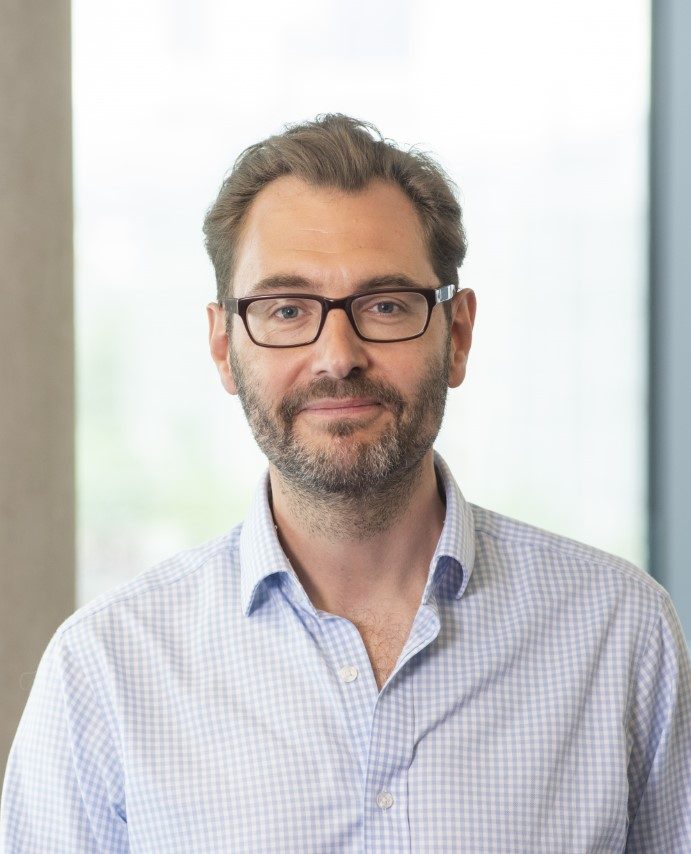
Public media involved in local news
But the LDRS raises questions about how it aligns with the mission of public media. Should a public entity be involving itself in the commercial media landscape? And why should the BBC invest this money to keep local newspapers alive when it has reduced its own presence in regional media? Other public media organisations, such as the ABC in Australia, have argued it is not their place, nor within their capability, to fill the gap left by the closure of newspapers.
“I think it’s a fairly established view in the BBC,” Barraclough said, “which is: we think local news is a really good thing, and that there’s lots of people who do it really different to the BBC, and they are excellent at it. They might be providing a much more granular service than the BBC, they absolutely super-serve a location, or they’re a local newspaper with 150 years of continuous printing behind them, and they are part of the fabric of the community. The last thing the BBC ever wants to be is the last journalistic outlet standing.
“So yes, we feel an obligation to ask the question at least: what can we do to help sustain this really valuable thing, while at the same time, creating a benefit back to the BBC’s own audiences?”
Meanwhile, Barraclough has always believed the LDRS has a ceiling, and it should never grow so much that it would “distort the market.” Plus, it is a service the BBC profits from, he argued. The BBC website frequently features LDRS stories, and some even make the 10 o’clock news, or Radio 4’s Today programme.
Editor of The Daily Post in North Wales, Dion Jones, said the LDRS enabled local people to report on their own societies. “It’s letting people who are really ingrained in those communities to write about those issues facing that community. I think we’d probably be worse off if we didn’t have that service.”
Model for other broadcasters
The demise of local news organisations is not isolated to the UK. A recent IPI Global Network Report determined that “Local news media is the most disrupted sector … [and] the most urgently in need of assistance.” The model of the LDRS has been replicated elsewhere. In New Zealand, public broadcaster RNZ launched its own model in 2019, based on the BBC’s version. The Pacific island nation has seen a development of its own democratic deficit, with reporter numbers dwindling over the past decade.
The manager of the service, Nina Fowler, told PMA the service has worked best when it is at its most local. “One of the local democracy reporters picked up that free doctors’ visits were ending in three local high schools – and that led to a student-led petition against the change, and the students just getting really involved and writing letters and attending meetings, and eventually they got an apology for not involving them in the decision.” A review into the service found “the scheme is doing its job. It is not perfect, but it is producing stories that would not otherwise have been written and which assist the audience to understand the decisions and actions done in its name.” After its initial success, RNZ secured funding to double the size of the service.
But while the BBC has been the model, Fowler is looking to develop the service even further into one which works specifically for New Zealand. “I’ve been very grateful to be able to look to the BBC’s scheme, especially early on, but I’m strongly of the view our scheme will need to continue to evolve – New Zealand needs a scheme that’s unique to New Zealand. For example, I’m very excited about our current iwi radio station partnerships, and those continuing into the future.”
Canada has also adopted its own version: the Local Journalism Initiative (LJI). However, in this instance, the funding comes straight from the government, and it is managed by The Canadian Press, not CBC/Radio-Canada. The LJI is now bigger than the BBC’s LDRS, and there are also plans to roll-out the scheme to include “not just geographical communities, but also cultural communities, like indigenous peoples, or French-speaking communities,” Barraclough said.
But whether it will be picked up further afield is not known. While there has been interest from public broadcasters in Scandinavia, the Netherlands, and in the Basque region in Spain, there has been no pickup. “The BBC occupies such a unique role in the UK even among public broadcasters,” Barraclough said, “that I think, one asks the question – how easy would it be to get it started elsewhere? And I don’t know. If you were funded by direct government grant rather than by license fee, if you had just that little bit less independence, how would it change everything?”
Key asset to public media mission
The LDRS supports local communities, local journalists and contributes to a pluralist media environment at a local level. It also ensures small newspapers are not forced to abandon their own mission to provide public interest news, in favour of more digestible and clickable articles, which might earn them more traffic and thereby money. Local democracy reporters are largely kept protected and isolated from such metrics. At a time of great uncertainty, growing division and increasing distrust, the IPI’s report argued local media is “central in the battle against misinformation and disinformation by fact-checking, deep reporting and debunking disinformation/misinformation. Local media understand well they are working in polluted news environment and use trust and truth to compete with ‘fake news.’”
Meanwhile, it is not a model that can be transplanted into every country. The countries which have embraced it have very strong, securely-funded and well-integrated public media, or a landscape which recognises the importance of strong local media as a cornerstone to a healthy local democracy. Evidently, this cannot be said for all countries which have a public media organisation.
While some might argue that public media are monopolising local news, the reality could not be further from the case. What each country or broadcaster which has committed to a local democracy reporting service has recognised, is the importance of a healthy media landscape. That means one which is pluralistic, one where journalists are given time and space to report, and one where such reporting is seen by as many people as possible. The BBC and other public media should not, and does not want to be, the only organisation holding local authorities accountable. This project shows the BBC is not ignorant of this. Rather, it is looking to relieve some of the pressure on local media, to the democratic benefit to the communities and organisations which are served by it.
"New Zealand needs a scheme that's unique to New Zealand."
Nina Fowler, manager of Local Democracy Reporting
Related Posts
27th August 2020
RNZ to Expand Local Democracy Reporting Programme
Press Release | Radio New Zealand (RNZ)…
19th August 2019
Local democracy reporting scheme to pilot in New Zealand
The new Local Democracy Reporting…
